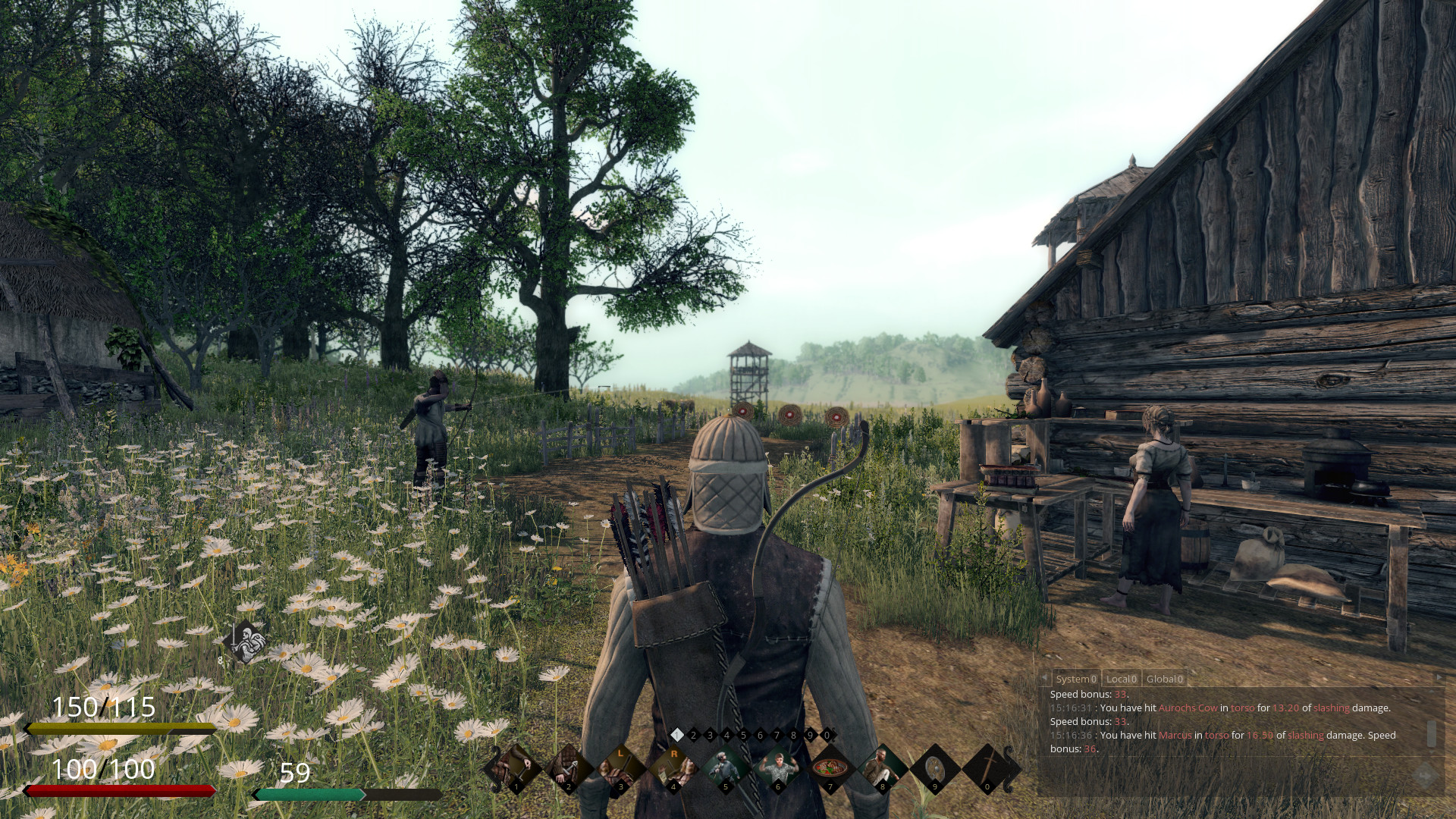
Subject to statutory exception and to the provision of relevant collective licensing agreements, no reproduction of any part may take place without the written permission of Cambridge University Press. He is codirector of the masters program in International and Development Economics at the University of San Francisco, has served as a consultant on a number of research projects of the World Bank, and is actively involved in both field research and development work in the highlands of Western Guatemala.Ĭambridge, New York, Melbourne, Madrid, Cape Town, Singapore, São Paulo Cambridge University Press The Edinburgh Building, Cambridge CB2 8RU, UK Published in the United States of America by Cambridge University Press, New York Information on this title: © Bruce Wydick 2008 This publication is in copyright. Professor Wydick has published more than a dozen articles in academic journals such as the Journal of Development Economics, Economic Development and Cultural Change, World Development, and the Economic Journal, and received grants and awards for his research from USAID, the Jesuit Foundation, the McCarthy Foundation, and the Pew Charitable Trust.

His research focuses on applications of game theory, empirical and experimental methods to address poverty and development issues, especially microfinance. at the University of California at Berkeley.

Bruce Wydick is Professor of Economics at the University of San Francisco, where he has taught since 1996 after completing his Ph.D. An appendix explaining basic ideas in game theory used in the book is provided for interested readers. It illustrates concepts with numerous anecdotes from recent world events. Its chapters explore games in natural resource use, migration, education, coping with risk, borrowing and lending, technology adoption, governance and corruption, civil conflict, international trade, and the importance of networks, religion, and identity to economic development.

The book is entertaining to read, intended for a broad audience, and can be accessed with little background in development economics or game theory. The book shows how both social norms and carefully designed institutions can help shape the “rules of the game,” making better outcomes in a game possible for everyone involved. Games in Economic Development examines the roots of poverty and prosperity through the lens of elementary game theory, illustrating how patterns of human interaction can lead to vicious cycles of poverty as well as virtuous cycles of prosperity.


 0 kommentar(er)
0 kommentar(er)
